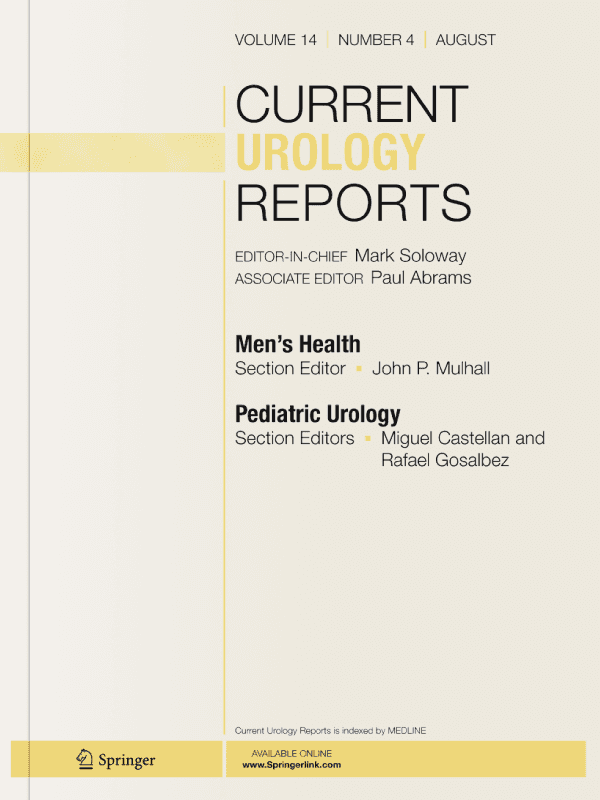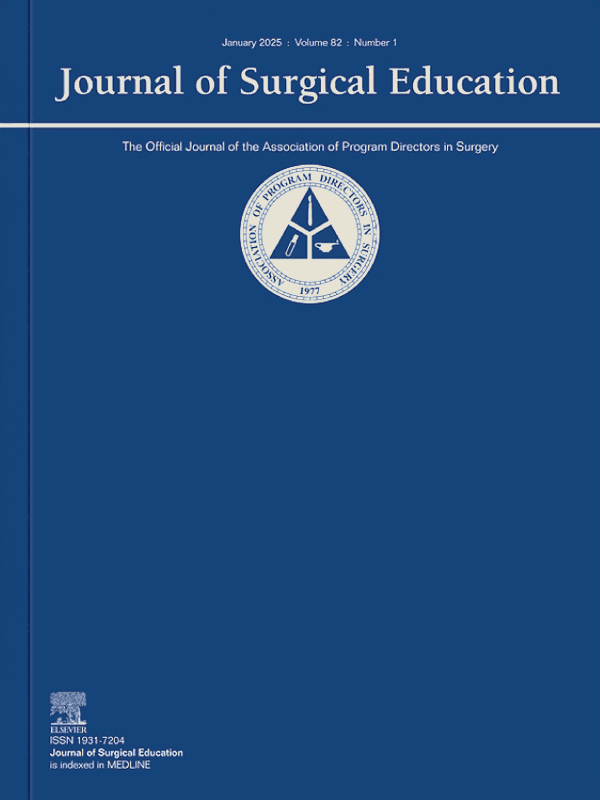SIMULATION TRAINING
Virtual surgical training during COVID-19: OR simulation platforms accessible from home
Published on
Aug 1, 2020
Annals of Surgery
Tyler McKechnie, Marc Levin, Kelvin Zhou, Benjamin Freedman, Vanessa N Palter, Teodor P Grantcharov
Overview
The COVID-19 pandemic challenged global healthcare systems, surgical trainees faced significant disruptions in their education and training due to the postponement of elective procedures. In response, the American College of Surgeons recommended that hospitals reduce surgical operations to accommodate the influx of critically ill patients. The situation posed a risk to the development of surgical skills and intraoperative knowledge among residents, who had limited access to traditional training. Advancements in technology have opened up a range of online platforms and virtual simulations that allow surgical trainees to maintain their education from home.
This review highlighted over 20 online platforms cater to various surgical specialties, offering resources such as narrated intraoperative videos, interactive simulations, and self-assessment tools. Notable platforms include the Surgical Council on Resident Education Portal, which provides extensive modules and has been linked to improved exam performance, and various free and paid resources tailored to specific surgical fields. Additionally, mobile applications offer interactive simulations across multiple specialties. By leveraging these digital tools, surgical trainees could continue to enhance their skills and knowledge, ensuring that their education did not stagnate.
Results
Amidst the COVID-19 public health crisis, the educational needs of surgical trainees should not be neglected. Promoting remote learning platforms such as those highlighted in the present review and integrating them into formal curriculum can expand educational opportunities beyond the walls of the hospital. Such measures may mitigate the diminished surgical skill among surgical trainees that is foreseeable in hospitals across the word.
Peer-reviewed Research





